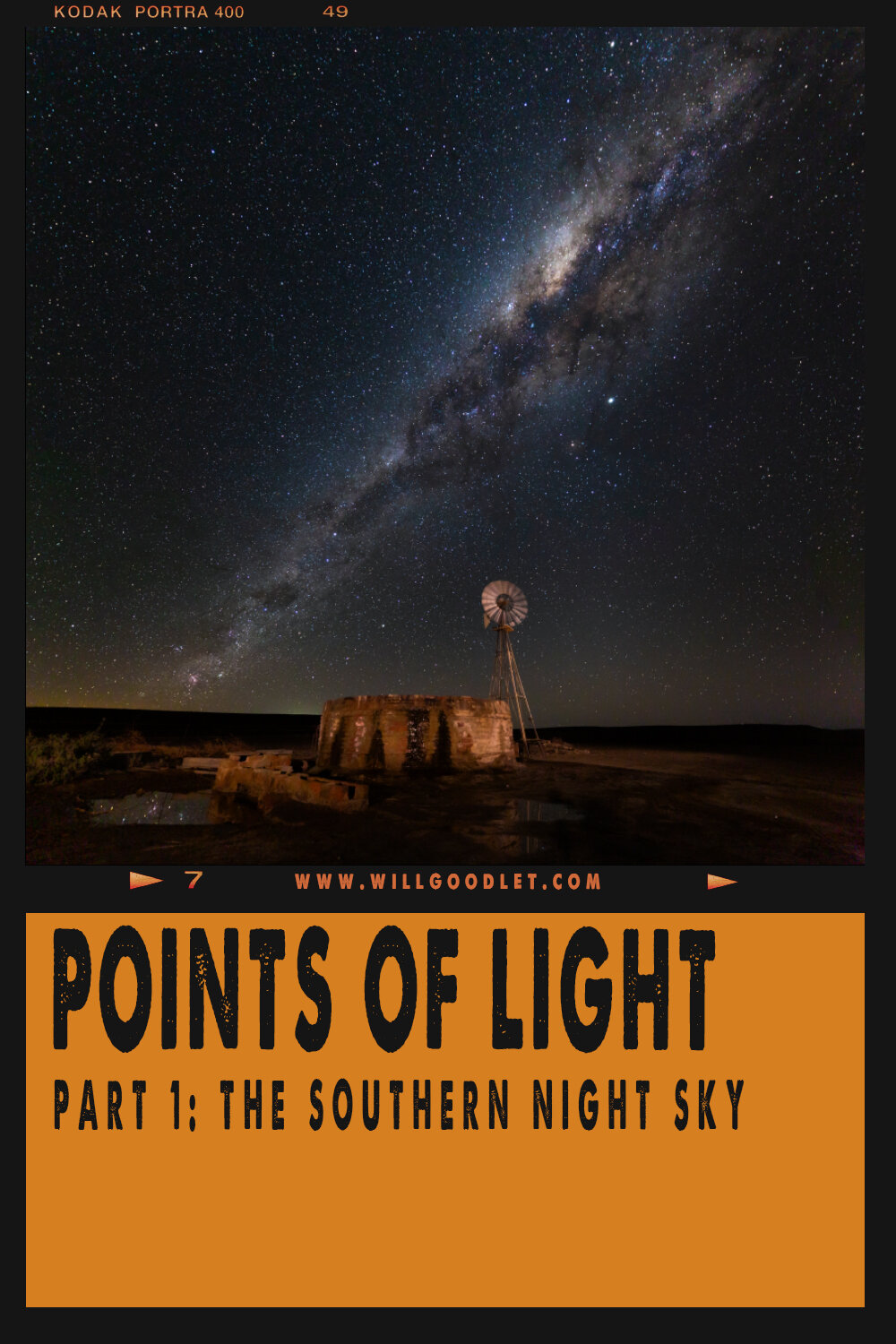Nightscapes of Kubu Island
Kubu Island in central Botswana is a fantastic place for nightscapes and astrophotography. Not only is is far from any major towns and cities and their associated light pollution, it is also exceptionally photogenic. with a range of possible subjects to place against the incredibly clear Galactic Core.
Stars over Kubu. Canon 5D Mark iii + Sigma 14-24mm F2.8 - ISO12800, F2.8, 10 seconds (Stitched stacks of 4)
The island is home to a good number of ancient baobab trees, rounded granite boulders and a startling expanse of ancient salt that glows in the starlight.
Photographing the night at Kubu is a pure bucket list experience. It's hard to get to and harder to leave, with a kind of mesmerising attraction of the soul made stronger by the fact that, for the most part, one wanders the night alone.
I visited Kubu at the July new moon. The dark skies of midwinter should have been clear of cloud and shimmering with the galactic core high overhead.
Kubu Rocks, Canon 5D Mark iii + Sigma 14-24 F2.8 Art - ISO 10000, F2.8, 8 Seconds (Stitched stacks of 4)
I say 'should have' because, there was unseasonal rainfall which meant that there were clouds above and, more critically, the pans were wet and muddy; a situation, that could make for a difficult passage across them.
Luckily for me, they had dried just enough and although extremely slippery and treacherous to walk across, the access road was passable.
The big Baobab with Mars overhead, Canon 5D Mark iii + Sigma 14-24 F2.8 Art - ISO 10000, F2.8, 8 Seconds (Stitched stacks of 4)
One of the interesting things about Kubu, is that it is no longer an island. Except, perhaps, in the wettest of summers. Long ago it was surrounded by a vast and shallow lake, fringed with reeds, thick with fish, game and waterbirds. There were humans along the edges too and the remains of their weapons and tools are littered along the ancient shoreline.
The Big Three, Canon 5D Mark iii + Sigma 14-24 F2.8 Art - ISO 10000, F2.8, 8 Seconds (Stitched stacks of 4)
On the island itself, eerie stone walls surround the southern end. It's speculated that the place was used for initiation rites and may have formed an extreme western outpost for the civilisation that built the city of Great Zimbabwe. No one really knows anymore but the sense of mystery and place, an almost tangible connection with the ancient, lingers on.
The waters have gone, and in their place is a sea of salt. It is incredible. A flat, white expanse that stretches to the horizon, where, faintly, in the epic silences of early morning, one can see the curvature of the Earth as the sun breaks.
Besides the salt lake, Kubu's most striking feature is the unnatural and almost unbelievable form of the Baobab tree. Dotted all over the island these trees each have a unique character of their own.
The Loner, Canon 5D Mark iii + Sigma 14-24 F2.8 Art - ISO 10000, F2.8, 8 Seconds (Stitched stacks of 4)
There is not one the same. Some are tall with lithe limbs and strapping smooth trunks, that when touched, feel just like the granite they spread their roots in.
Others are the tree equivalent of gargoyles. Seemingly weighed down by the sky, or worse, an alternative gravity - as if they find themselves on a different world to the rest of us. These trees take on twisted shapes and even pick the stones of the island up in their bark, raising them, like Moses's tablets, as offerings to the merciless sun.
Perhaps surprisingly, given the parched landscape, there is life on the island. Jackals cry at sunset and dawn. A pair of Pale Chanting Goshawks occupies the giant baobab on the southern side of the island.
Higher up the stony slopes there are hares hidden in the thorn bushes. Wandering between these with my old film camera and tripod I came across the remnants of rainfall, drying in shallow pools under the thickest of cover. Sitting in the afternoon sun nearby, with my eyes closed, I could hear the constant, comforting hum of honey bees drinking.
On the pan there is no visible life. That arc of blinding white offers nothing to any animal or bird trapped on its surface. But buried beneath, waiting, the African bullfrog bides its time. When the waters come again it will come out to spawn.
Sea of salt. Mamiya RZ67 Pro ii + 110mm f2.8 Kodak Ektar
I suppose one of the things that makes a landscape come alive, is its ability to communicate its past. Walking over the cracked granite boulders, shocked and broken by repeated cycles of heating and cooling, I felt them speak to me, literally.
Some footsteps would sound hollow, as if there was something hidden and out of sight beneath. Others, hard and flat and yet more would crack and tumble; that one, unimagined footfall, the straw that broke the camels back.
I spent four lonely days at Kubu and as each bled into the next, I became lost amongst the stars. Each of them seemed to hang just out of reach, fat and bright. So bright, that the constellations were hidden in the chaos.
Very late, there would be a subtle shift in colour and Orion, the hunter, would rise in the east to straddle the pans with faithful Sirius at his heels. The harbingers of dawn.
The riotous stars would slowly dim and looking up across the salt, I would feel the chill breath of morning.
Time for bed!





